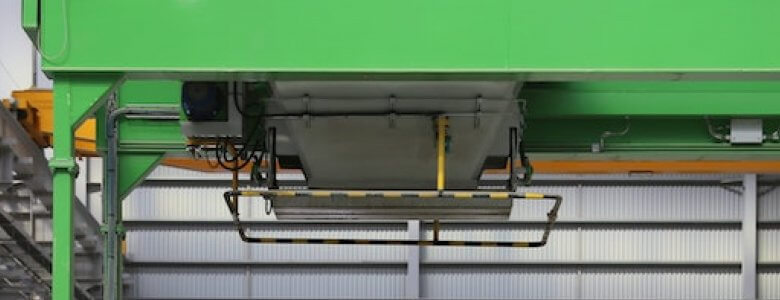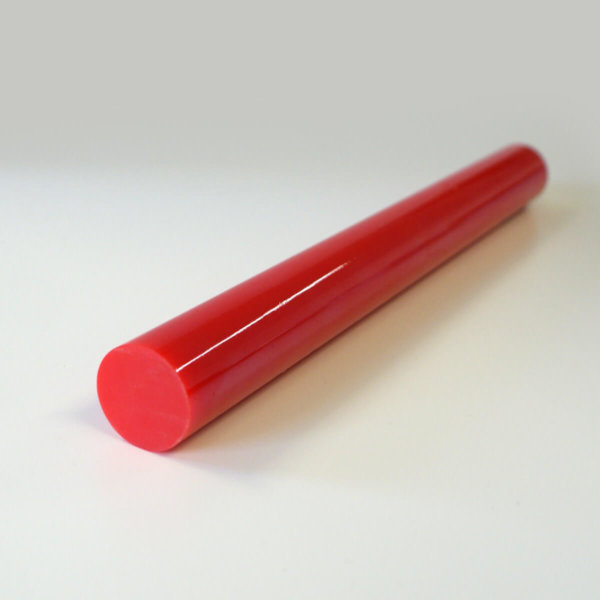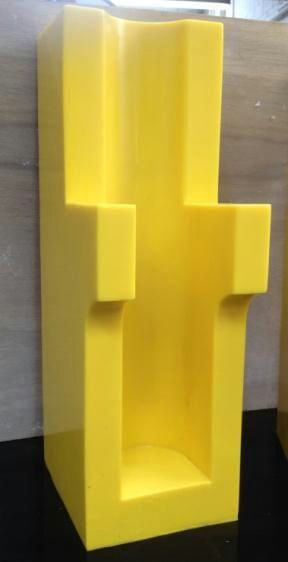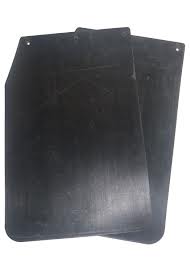In the race to find cost-effective, 100% accurate and high-performance wheels for industrial machines, trolleys and conveyors, are custom polyurethane wheels or rubber the winner? We have the answer.
The use of rubber to mould parts dates back hundreds of years, and it has been used to create tyres since the 19th century. Not surprisingly then, it is currently being used in many industrial, automotive and engineering applications.
With polyurethane wheels gaining ground, there are questions about which material is superior for industrial wheel applications.
To help answer any question about which material is best for manufacturing wheels, rubber or polyurethane, we are going to explore their differences and applications in this article.
The two options have similarities of course, but there are compelling reasons to commission a polyurethane project for your next order of industrial wheels and castors.
Let’s explore the pros and cons of polyurethane v rubber wheels.
First, differences in structure
Natural rubber – created using latex from the Hevea brasiliensis plant – is largely being replaced by synthetic rubber which like other polymers uses various petroleum-based byproducts. This has enabled specifiers who rely on the rubber for parts to ‘tinker’ with their production process.
Polyurethane can easily be manufactured to mimic the appearance, tensile properties and performance of synthetic rubber. In fact, it can sometimes be tricky to tell them apart in some applications.
However, the fundamental chemical structure of polyurethane does give it an edge over rubber, in terms of how many variations you can create.

The way polyurethane is made endows it with unrivalled versatility to achieve any degree of flexibility. That can include crafting soft ‘springy’ polyurethane wheels, or solid heavy-duty ones with the same strength as metal castors and wheels.
So, for example, you could commission polyurethane wheels with both Shore A or Shore D hardness, and anything in between.
There are variations in how polyurethane is shaped into wheels and other parts that can create a highly specific end result too. Including PU finishing processes that create even the most intricate of detailing.
That same degree of precision engineering control extends to everything from the colour to any vibration reduction goals you have for your wheels.
Related article: What are conveyor belt wheels made from?
Performance factors rubber v PU wheels
This is where the debate about using rubber or custom polyurethane wheels travels firmly in the direction of PU. Even synthetic rubber has significant performance issues, that well-made polyurethane parts can overcome.
Also, contaminants like oil, chemicals and mildew can affect the performance of rubber wheels, but polyurethane is resistant to a wide range of things that can soil wheels in everyday use.
Of course, rubber is often specified due to its role as an insulator, limiting the transfer of electricity. However, polyurethane wheels also provide electricity resistance. Also, polyurethane is excellent at noise management, which can be important for trolley wheels in hospitals and schools, for instance.
Related article: How much does it cost to cast polyurethane parts?
Confidence in wheel durability
The shock absorbance capabilities of polyurethane wheels make them a compelling choice when used in applications that involve considerable duress. They are also remarkably resilient in situations where friction or abrasion would compromise rubber or metal wheels.
When exacting speed and traction are needed, high-quality custom polyurethane wheels can provide performance assurances that go beyond alternative wheel materials.
The unrivalled integrity of polyurethane extends to wheels used under great pressure, and which carry heavy loads too. It is far less likely to warp, split or generally lose shape.
Polyurethane’s durability and structural robustness provide excellent reliability to machines, conveyors or trollies that need wheels. However, it also leads to cost-efficiency benefits. As PU wheels are incredibly long-lasting and resilient, they will not need to be replaced as often as rubber versions, decreasing downtime and replacement costs.
Related article: What can Polyurethane rods be used for?
Turnaround time on wheel production
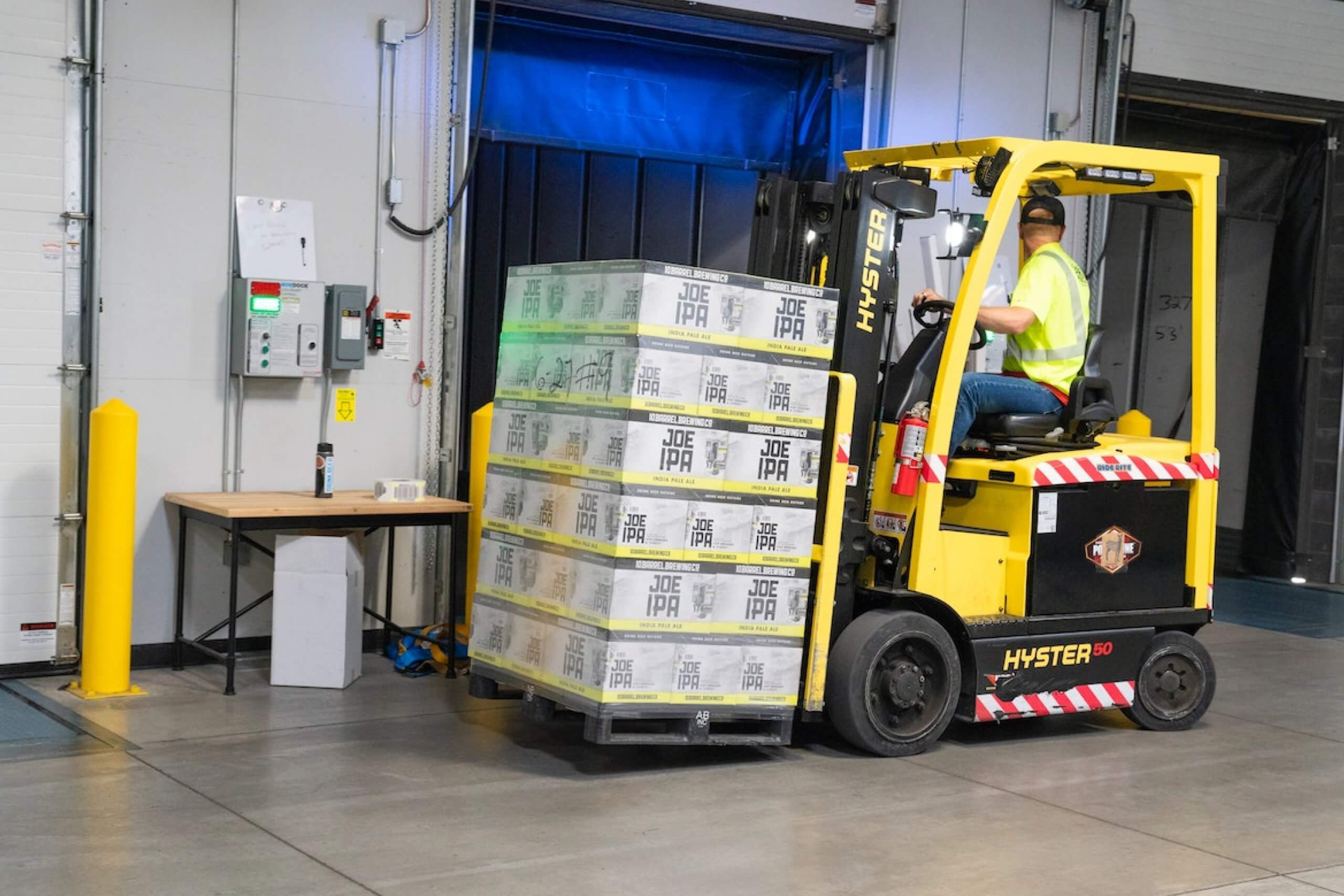
As rubber is so commonly used – and there are so many suppliers of rubber wheels – progressing a prototype wheel or commissioning sizable production runs can be straightforward.
Also, there are always going to be occasions when rubber is the best choice for applications, such as forklifts and other automobile tyres.
However, having reviewed the advantages above, it is recommended that you look for the latest prices for polyurethane wheels, compared to rubber ones. Many companies could find significant cost savings in wheel production, by opting for more resilient wheels, created using polyurethane.
When you commission UK-based polyurethane wheel manufacturer Custom Moulded Polyurethane for the task, you also get a swift turnaround on orders.
Want to find out how much it will cost to make your products?
